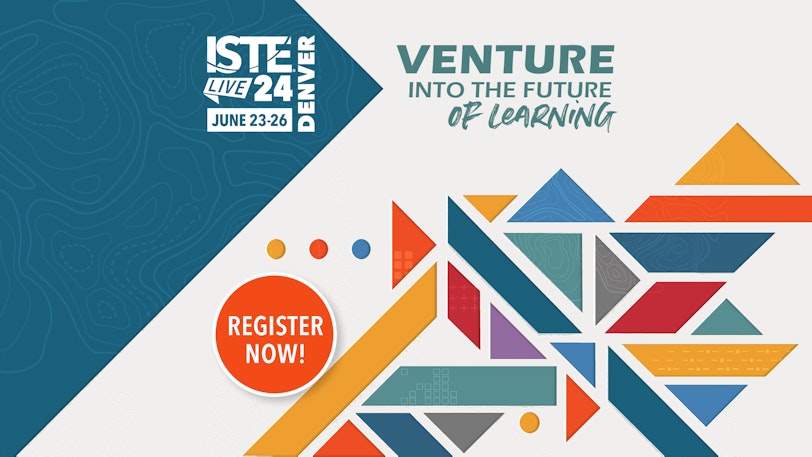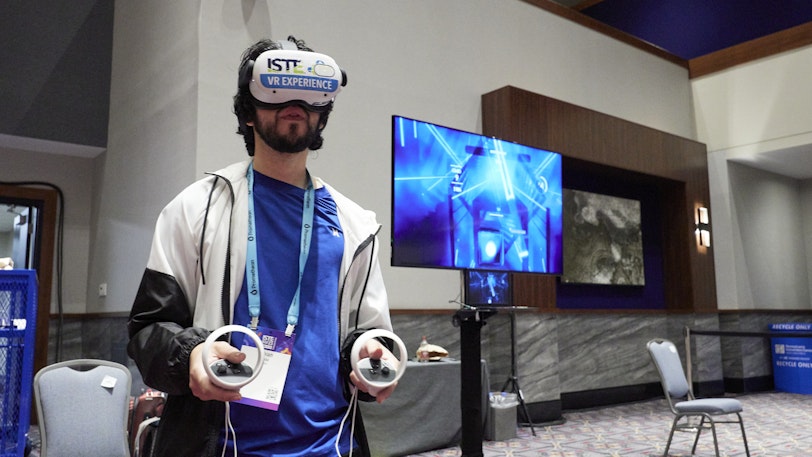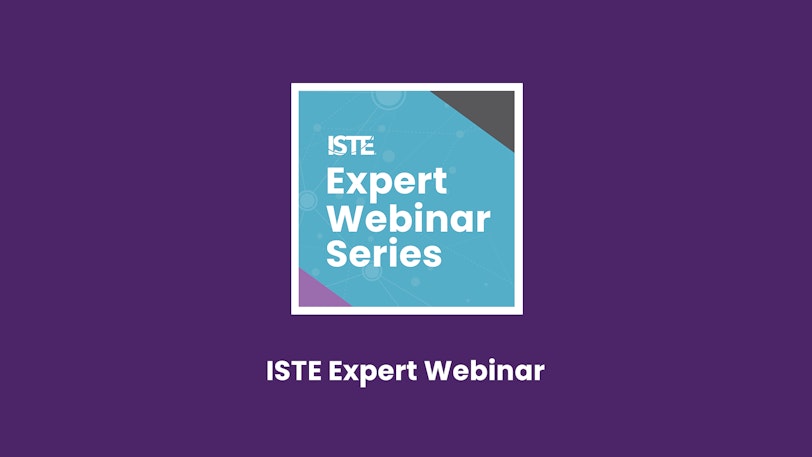
- Date
- June 23, 2024 - June 26, 2024
- Location
- Denver, Colorado
Scale to new learning heights at the edtech event of the year. Over 1,000+ sessions provide something for every educator to impact every student.





Scale to new learning heights at the edtech event of the year. Over 1,000+ sessions provide something for every educator to impact every student.
Focused on pedagogy, not tools, the ISTE Standards are a framework that guides educators in using technology to create high-impact, sustainable and scalable learning experiences for all students.

ISTE has a library of thousands of blog posts, podcasts, courses, books, journals, expert webinars and topic guides. Browse by topic or job role to find everything you need.

You want to attend ISTELive 24, the edtech event of the year, but money is tight. Here are 6 ways to save money and fund your conference experience.

Find out how focusing on the “skills of learning” can make education more inclusive, equitable and empathetic – and prepare students for the future – with educator Jason Trinh.

Artificial intelligence (AI) is no longer the stuff of the future; today's students can expect to interact with AI in both their personal and professional lives. To prepare students for success, educators need to understand how AI technologies can be leveraged to facilitate learning and solve real-world problems.
Create the Learning Tools of the Future
Edtech providers leverage ISTE’s expertise and network to develop, identify and scale quality learning solutions. From the Edtech Solutions Network to the Learning Technology Directory, we help solution providers find their people.
